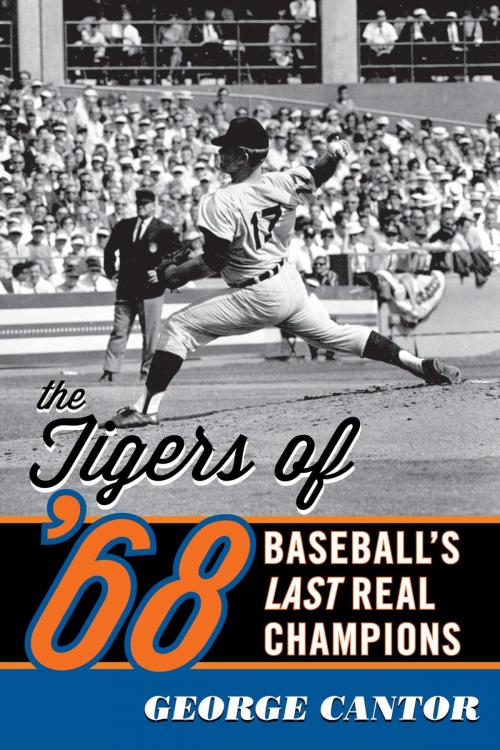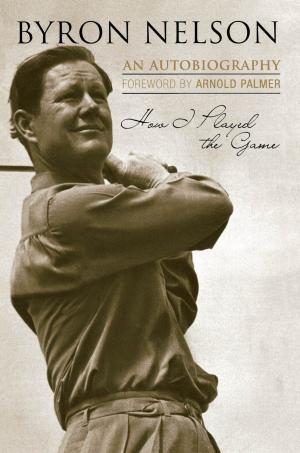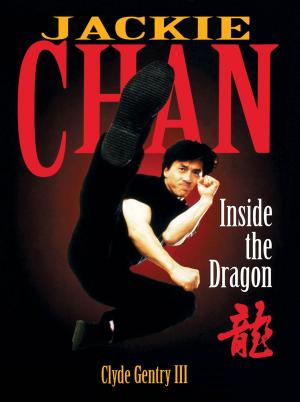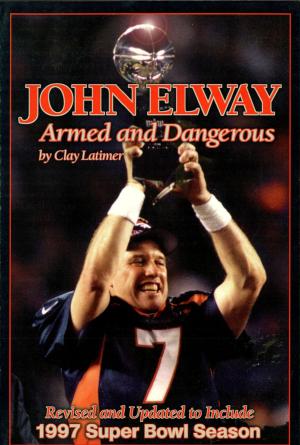The Tigers of '68
Baseball's Last Real Champions
Nonfiction, Sports, Baseball, History, Americas, United States| Author: | George Cantor | ISBN: | 9781589799295 |
| Publisher: | Taylor Trade Publishing | Publication: | March 7, 2014 |
| Imprint: | Taylor Trade Publishing | Language: | English |
| Author: | George Cantor |
| ISBN: | 9781589799295 |
| Publisher: | Taylor Trade Publishing |
| Publication: | March 7, 2014 |
| Imprint: | Taylor Trade Publishing |
| Language: | English |
They had two future Hall of Famers, the last pitcher to win thirty games, and a supporting cast of some of the most peculiar individuals ever to play in the majors. But more than that, the 1968 Detroit Tigers symbolize a lost era in baseball.
It was a time before runaway salaries and designated hitters. Before divisional playoffs and drug suspensions. Before teams measured their well-being by the number of corporate boxes in their ballpark and the cable contract in their pocket. It was the last season of baseball’s most colorful and nostalgic period.
It was surely not a more innocent time. The 1968 Tigers were a team of hell-raisers, the second coming of the Gas House Gang. They brawled on the field and partied hard afterward. They bickered with each other and ignored their manager. They won game after game with improbable rallies on their last at-bat and grabbed the World Championship by coming back from a three games to one deficit to beat the most dominant pitcher in the World Series history in the deciding seventh game.
Their ultimate hero, Mickey Lolich, was a man who threw left-handed, thought “upside down,” and rode motorcycles to the ballpark. Their thirty-game winner, Denny McLain, played the organ in various night spots, placed bets over the clubhouse phone, and incidentally, overpowered the American League. Their prize pinch-hitter, Gates Brown, had done hard time in the Ohio Penitentiary. Their top slugger, Willie Horton, would have rather been boxing. Their centerfielder, Mickey Stanley, a top defensive outfielder, would unselfishly volunteer to play the biggest games of his life at shortstop, so that their great outfielder, Al Kaline, could get into the World Series lineup.
The story of this team, their triumph, and what happened in their lives afterward, is one of the great dramas of baseball history.
The Tigers of ’68 is the uproarious, stirring tale of this team, the last to win a pure pennant (before each league was divided into two divisions and playoffs were added) and World Series. Award-winning journalist George Cantor, who covered the Tigers that year for the Detroit Free Press, revisits the main performers on the team and then weaves their memories and stories (warts and all) into an absorbing narrative that revives all of the delicious—and infamous—moments that made the season unforgettable. Tommy Matchick’s magical ninth-inning home run, Jim Northrup’s record-setting grand slams, Jon Warden’s torrid April, Dick McAuliffe’s charge to the mound, Denny McLain’s gift to Mickey Mantle, the nearly unprecedented comeback in the World Series, and dozens more.
The ’68 Tigers occupy a special place in the history of the city of Detroit. They’ve joined their predecessors of 1935 as an almost mythic unit—more than a baseball team. The belief has passed into Detroit folklore. Many people swear, as Willie Horton says, that they were “put here by God to save the city.” The Tigers of ’68 will help you understand why.
They had two future Hall of Famers, the last pitcher to win thirty games, and a supporting cast of some of the most peculiar individuals ever to play in the majors. But more than that, the 1968 Detroit Tigers symbolize a lost era in baseball.
It was a time before runaway salaries and designated hitters. Before divisional playoffs and drug suspensions. Before teams measured their well-being by the number of corporate boxes in their ballpark and the cable contract in their pocket. It was the last season of baseball’s most colorful and nostalgic period.
It was surely not a more innocent time. The 1968 Tigers were a team of hell-raisers, the second coming of the Gas House Gang. They brawled on the field and partied hard afterward. They bickered with each other and ignored their manager. They won game after game with improbable rallies on their last at-bat and grabbed the World Championship by coming back from a three games to one deficit to beat the most dominant pitcher in the World Series history in the deciding seventh game.
Their ultimate hero, Mickey Lolich, was a man who threw left-handed, thought “upside down,” and rode motorcycles to the ballpark. Their thirty-game winner, Denny McLain, played the organ in various night spots, placed bets over the clubhouse phone, and incidentally, overpowered the American League. Their prize pinch-hitter, Gates Brown, had done hard time in the Ohio Penitentiary. Their top slugger, Willie Horton, would have rather been boxing. Their centerfielder, Mickey Stanley, a top defensive outfielder, would unselfishly volunteer to play the biggest games of his life at shortstop, so that their great outfielder, Al Kaline, could get into the World Series lineup.
The story of this team, their triumph, and what happened in their lives afterward, is one of the great dramas of baseball history.
The Tigers of ’68 is the uproarious, stirring tale of this team, the last to win a pure pennant (before each league was divided into two divisions and playoffs were added) and World Series. Award-winning journalist George Cantor, who covered the Tigers that year for the Detroit Free Press, revisits the main performers on the team and then weaves their memories and stories (warts and all) into an absorbing narrative that revives all of the delicious—and infamous—moments that made the season unforgettable. Tommy Matchick’s magical ninth-inning home run, Jim Northrup’s record-setting grand slams, Jon Warden’s torrid April, Dick McAuliffe’s charge to the mound, Denny McLain’s gift to Mickey Mantle, the nearly unprecedented comeback in the World Series, and dozens more.
The ’68 Tigers occupy a special place in the history of the city of Detroit. They’ve joined their predecessors of 1935 as an almost mythic unit—more than a baseball team. The belief has passed into Detroit folklore. Many people swear, as Willie Horton says, that they were “put here by God to save the city.” The Tigers of ’68 will help you understand why.















